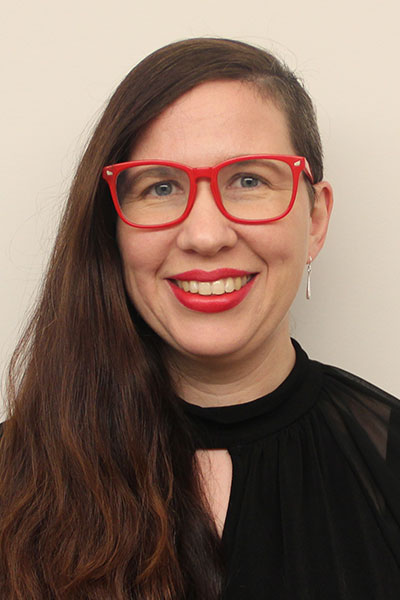
Representation of LGBTQ Individuals in Diabetes Research and Limitations of Current Data and Research
La Nouvelle Orleans Ballroom B
Level 2, Ernest N. Morial Convention Center
Q&A with Lauren B. Beach, JD, PhD
Research Assistant Professor,
Northwestern Feinberg School of Medicine

What is your presentation about?
My presentation, which is part of the symposium, “Diabetes, Metabolic Health, and Clinical Care among People Who are Lesbian, Gay, Bisexual, Transgender, Gender Diverse, Queer, or Questioning” will describe the research, health care, and epidemiologic data systems that collect information about sex, sexual orientation, and gender identity (SSOGI) and diabetes. Limitations about the quality of data to document the epidemiology of diabetes in LGBTQ populations will be presented. I will also describe why poor data quality is a barrier to promoting health equity for LGBTQ populations and highlight steps to take to improve data systems and evidence based practice for LGBTQ health and healthcare moving forward.
What makes this topic important in 2022?
This topic is important in 2022 because there is an urgent need to improve the quality of data about diabetes in LGBTQ populations. High quality data is urgently needed to advance population level health initiatives to promote diabetes health equity for LGBTQ people.
How did you become involved with this area of diabetes research or care?
I became involved in LGBTQ diabetes research in 2015, when I was a postdoctoral fellow at Vanderbilt University Medical Center. At Vanderbilt, I was lucky to have mentors who were experts in diabetes research (Dr. Kerri Cavanaugh, Dr. Tom Elasy) as well as in LGBTQ population health research (Dr. Jesse Ehrenfeld, Dr. Gilbert Gonzales). Through their combined mentorship, I was able to write a first author paper about diabetes in sexual minority populations using the 2014 Behavioral Risk Factor Surveillance System (BRFSS) dataset.
What are you most looking forward to at the 82nd Scientific Sessions?
I am looking forward to networking with other attendees and to checking out other diabetes programming related to social determinants of health and health equity.
[sub-post-content]